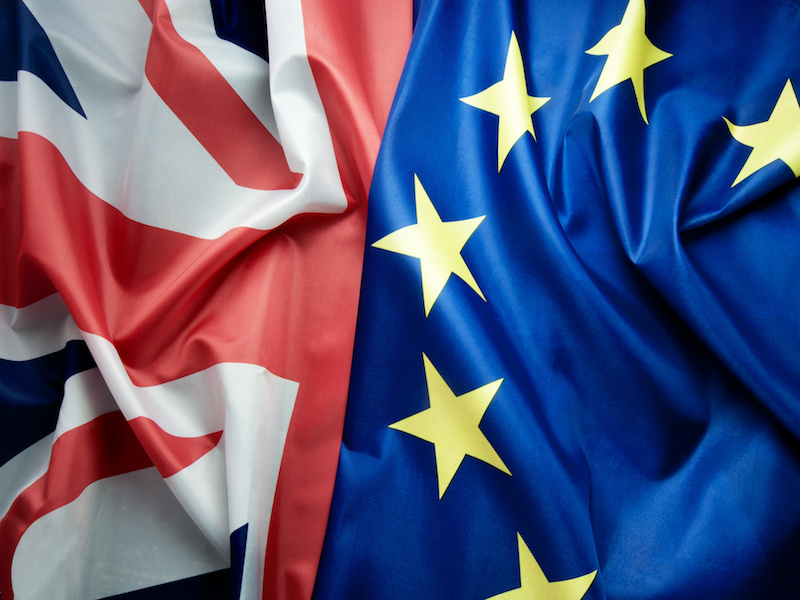

Brexit is “what seems to be the most chaotic set of political developments in any western country for quite some time,” said Iain Begg, professor at the European Institute and co-director of the Dahrendorf Forum on the Future of Europe at the London School of Economics and Political Science during a Canadian Investment Review webinar this week.
On Tuesday, the U.K.’s parliament voted down prime minister Theresa May’s Brexit deal, leaving major uncertainty as to where the country is to go from here.
In reality, there are four key challenges as part of Brexit, Begg said.
First, is Article 50, which covers how a country can leave the European Union, he said.
Then there is the transition to a new arrangement between the U.K. and the EU to cover issues including areas such as trade, regulations and courts. “There is a possibility that the U.K. will want to be in in some E.U. policies in the future even though it’s anticipated that it will leave the E.U.,” said Begg. “And it may have to pay into the E.U.”
Further, the U.K. will need to establish bi-lateral trade deals with the rest of the world, he added.
Finally, there is the issue of what happens inside the U.K. when it repatriates powers from the E.U, said Begg.
“As for the future arrangement, I give you one key message in all of this: If the obstacles to U.K. trade with the rest of the E.U. are large, there is going to be a loss to the U.K. economy,” he said, noting the economic impacts would vary depending on the model of the new relationship. This could range from less severe losses if the U.K. adopts a model similar to Norway’s close relationship with the E.U., to a larger loss if there is a more extreme departure.
Already, the proceedings since the U.K. voted for Brexit have meant a gradual slowdown in its economy, said Begg. Yet, the labour market is still buoyant, he noted, which has been offset by stagnating productivity and to some extent a squeeze in household income, he added.
Inflation is nevertheless ticking up, which could lead to the Bank of England raising interest rates, putting pressure on consumers who are still indebted, he said. Meanwhile, although the pound has been under pressure, its lower level hasn’t led to higher export levels, he said.
Although all of these elements on their own are not particularly worrying, if put together it can become problematic, he said.
Overall the political disarray is feeding uncertainty, said Begg. “Investors need certainty, particularly the foreign investors who are so prominent in the British economy. . . They’re uneasy about the way things are evolving and they will sometime soon have to start making decisions about which new investments to make.”
While the future is unclear, Begg said his best guess is a no deal Brexit is still unlikely. “I don’t think a no deal Brexit will happen. It’s simply too costly for both sides of the English Channel and although the Europeans have less to lose from no deal than the Brits do, they still have something to lose and they’ll work carefully to try to avoid it.”
As well, although there is a tricky procedural and political pathway, it looks as though a second referendum on E.U. membership will be the “least-bad” solution, he said.
